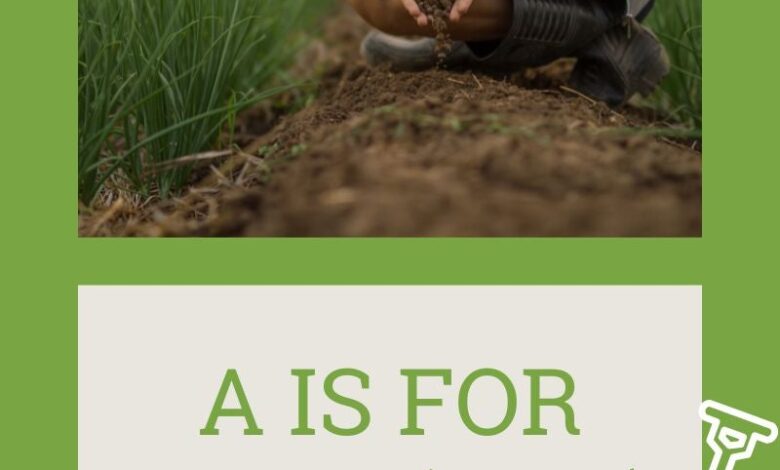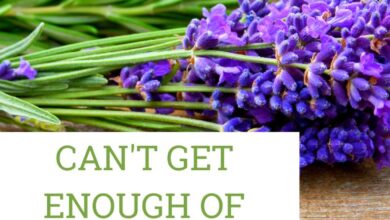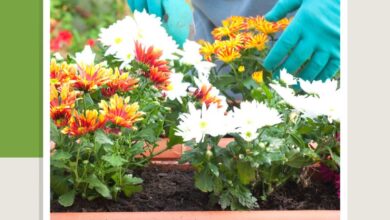A Is For Amendment

[ad_1]
We all know that healthy soil equals healthy plants. To that end it often takes a little bit of work on the gardener’s part to ensure that the soil is properly amended prior to planting.
Some people have to do quite a bit to their soil to make it a suitable plant home, while others have beautiful, lush soil full of organic matter and beneficial microorganisms.
I seem to fall into the latter category whether by luck or the design of the previous property owners. That doesn’t mean I don’t do anything to my soil, however.
Nutrients in the Soil
As plants grow each season they use up the existing soil nutrients and organic matter. The microorganisms and beneficial insects are left hungry, as is the plant. To that end most people use a supplemental fertilizer of some sort.
I cannot be relied on to fertilize my plants on a regular basis. Translation: I’m lazy and forgetful. This means that I tend to “juice” up my soil at the end of the growing season, so it’s all ready for spring growth and planting.
Juicing Up the Soil
There are numerous ways to invigorate soil such as planting cover crops, adding aged animal manure, mulching at the soil’s surface, adding compost, and rotating crops.
With the exception of planting cover crops, I use all of the above methods to improve my soil.
At the end of the growing season when the plants are starting to die back in the fall, I topdress the soil in my raised beds with aged manure. This is by far the cheapest organic fertilizer you can buy and I tend to buy it either on sale or the broken bags at the big box nurseries at a discount. Why? Because as I mentioned before on multiple occasions, I’m cheap. Anyway that’s it until next spring. In the spring, I turn the soil in the amended raised beds.
Other areas of my yard either get a similar treatment or, as in the perennial garden, I just dump fallen leaf mulch and grass clippings around the plants. This serves to protect them from winter’s icy breath and then does double duty as an amendment when I dig it in around the plants in the spring.
I also usually amend areas of the garden with compost but because I don’t have a compost pile – I’d have to sacrifice plants due to a tiny yard — I would have to purchase it and compost is like gold, so I usually go the cheap route of manure.
I’ve also been known to trench compost, which is something I learned from my grandparents who did it way before composting became trendy. It simply means digging a trench and dumping food scraps in the bottom, covering with compostable garden materials and then again with soil. The entirety will break down and enrich the soil with little work from you.
Budget Friendly Soil Amendment
My goal, besides growing healthy crops and plants, is to keep my soil rich and well-draining without breaking the bank. If using manure, I implore you to get aged manure if you reside in a city like I do. While fresh manure is dandy, it contains lots of harmful pathogens as well as undigested weed seeds, plus it stinks. The dogs will love it but not your neighbors.
If you have some property and plan to let the manure do its work over time, then by all means use fresh but give it a season before planting. Otherwise, if you like your neighbors, take my advice, use aged manure.
[ad_2]
Source link





